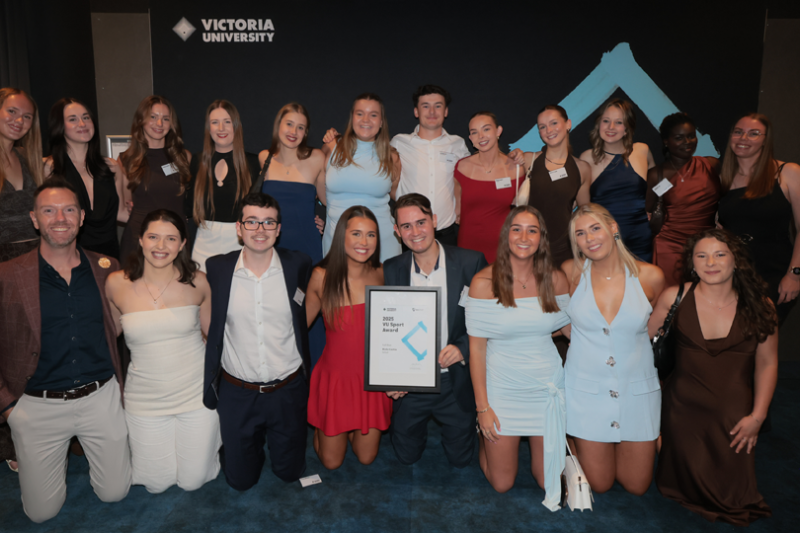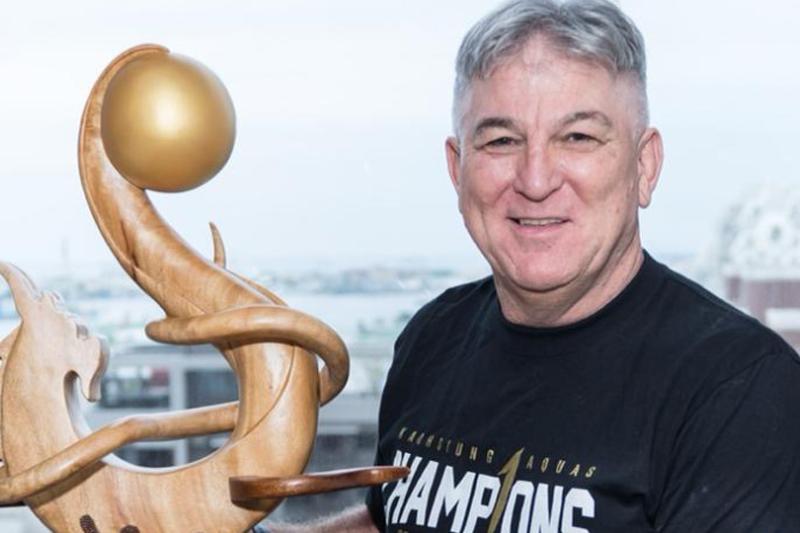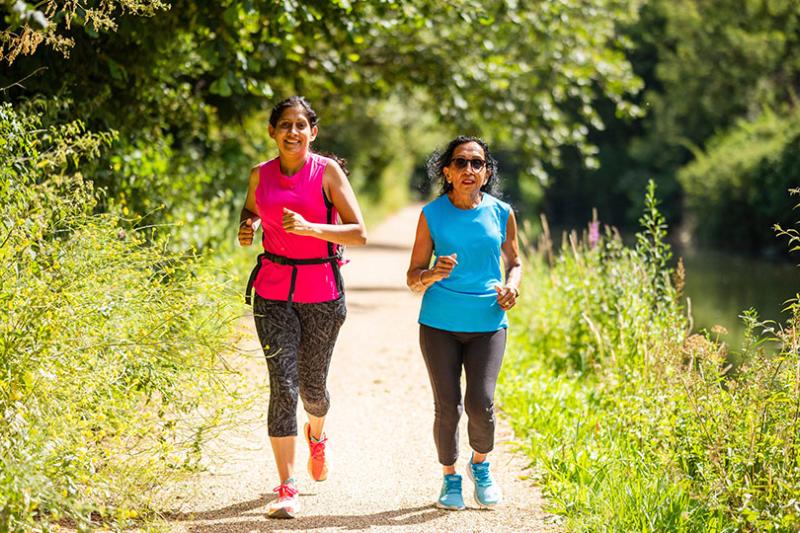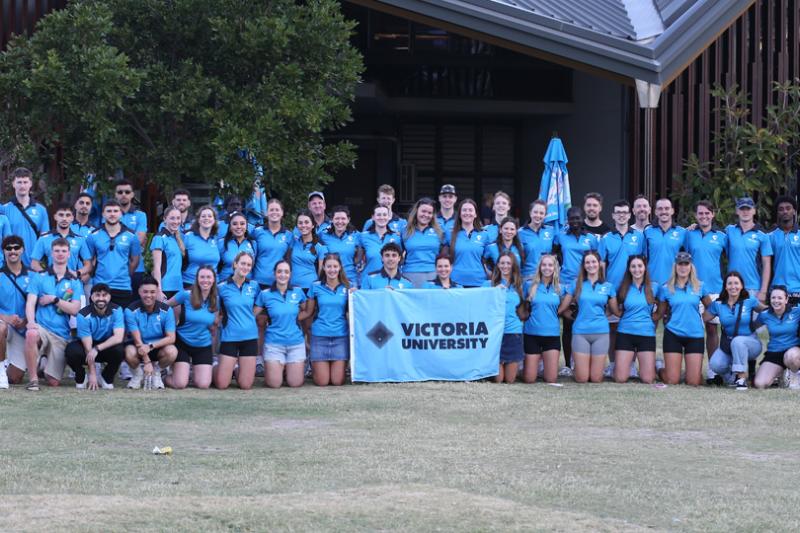Our girls deserve better
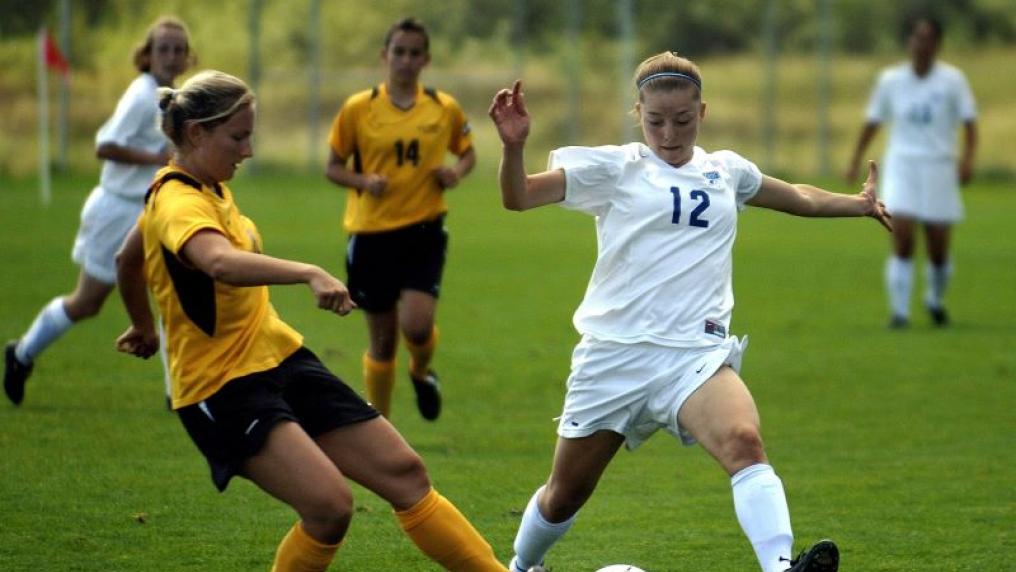
There will be no national holiday on Monday, but the Matildas did us all proud and inspired a nation. They showed women’s sport at its best, and Australians more than stepped up in support.
Yet even before the excitement of the World Cup began, Football Australia announced an ambitious goal to obtain 50:50 gender parity for football players at the local level by 2027.
And while female participation in football and other traditionally male-dominated sports has increased significantly in recent years, it will take more than a thrilling World Cup to get that 50:50 gender split.
Football Australia indicates it needs to recruit 400,000 women and girls to reach its target. It will support this by aiming to make 60 per cent of player change rooms at local grounds “female-friendly” over the coming years.
But our research exploring the drivers for girls and women to play community sport showed that recruitment is not the issue: it is keeping them in their sport.
Through interviews and surveys with female players, we found a major reason many drop out was because of the way they were treated while playing.
We learned how gendered norms and stereotypes negatively impacted their experiences.
Some players were treated horrendously, with reports they were taunted or exposed to highly inappropriate comments or behaviours that mocked their sport choice, criticised their skills, or ridiculed their physical appearance.
This kind of treatment affected their mindset, their ability to play, and for many, their desire to continue. Ultimately, cultural change needs to be driven and owned by the sport clubs themselves, and by the organisations that deliver sport.
The “pale, male and stale” way of running many local clubs simply does not support the next generation of girls to stay in the game.
These girls and women need a greater voice in the way their sport is governed, developed and delivered.
Football Australia’s goal to boost female participation must include a focus on retention, not just recruiting. If girls and women have an enjoyable experience in a safe and inclusive environment, they are more likely to return – and bring their friends and families too.
This article was published in the Herald Sun on 18 August, 2023.
